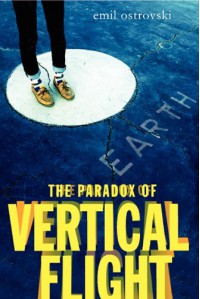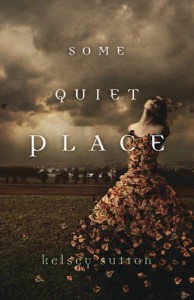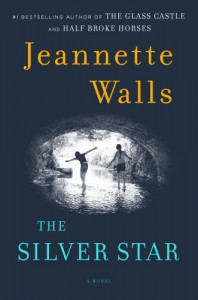Book Review: Over You by Amy Reed
 Exploring a toxic friendship and handling dark truths, Over You by Amy Reed is a book about self-discovery. The two friends, Max and Sadie, have known each other for years. They balance each other out characteristically, but their co-dependence on one another is stifling. Sadie is egotistic and materialistic; Max is level-headed and insecure. Sadie is the center of the show, while Max is the shadow - the rational side of Sadie. When Sadie is sent to her absentee mother, Lark's organic farm and commune in Nebraska, Max tags along. The two are inseparable like that. Of course, these things change as Max becomes aware of who she really is - especially when Sadie is not present.
Exploring a toxic friendship and handling dark truths, Over You by Amy Reed is a book about self-discovery. The two friends, Max and Sadie, have known each other for years. They balance each other out characteristically, but their co-dependence on one another is stifling. Sadie is egotistic and materialistic; Max is level-headed and insecure. Sadie is the center of the show, while Max is the shadow - the rational side of Sadie. When Sadie is sent to her absentee mother, Lark's organic farm and commune in Nebraska, Max tags along. The two are inseparable like that. Of course, these things change as Max becomes aware of who she really is - especially when Sadie is not present.
Over You is told in Sam's perspective, though she often speaks of Sadie in the second person, reminiscent of an epistolary. Part One of the novel is dominated by Sadie. All Max talks about is Sadie. Readers see how inconsiderate and reckless Sadie is and learn Max's obsession with her is all that keeps her sane. Sadie is extremely needy and bossy. Though she is broken, it is very hard to sympathize for her with such unlikable traits. Most readers will undoubtedly be irritated by her. Because of this, the beginning of Over You soon became a scratched record with its incessant portrayal of Sadie's selfishness and Max's obsequiousness.
Things pick up in the following sections, when Sadie is not around much to have her dangerous hold on Max. Dylan, a mysterious romantic interest, is not what the blurb alludes he will be. He is not the one who transforms Max. He does make her go pitter-patter, but I never felt that he brought her to self-discovery. He is a douchebag who often berates Max, whether in regards to her field of study of her sexuality. This is definitely arguable, but I found his inclusion as a mere plot catalyst and not necessarily an inspiration for Max's evolution. The blurb is highly misleading, and would make one think that a love triangle of the sorts will be involved.
As Max slowly begins to identify herself, with Sadie barely around, readers see that she has problems of her own. Earlier, readers were fed with why Sadie's life was not perfect. Readers know that Sadie has an alcohol problem and an absentee mother (Lark). Like Sadie, Max also has an absentee mother in a metaphorical way. Her mother is very distant, though they live in the same house. These family troubles give Over You an even more gritty interior, but without overdoing it. Reed handles these dark topics in a delicate, yet absorbing manner, proving that social issues in literature do not have to take over a story to show their effects.
Over You is filled with such conflicts, but is centralized on Sadie's evolution. There are instances in the novel where Max does not know how to handle herself alone without the need to be Sadie's extension. These parts were impacting, as they rectified how Max was suppressing her individuality. Having been released from Sadie's control, Max begins to explore and enjoy her life the way she wants to. I honestly felt so proud of her to see that. I also loved that her bisexuality never seemed to be an 'issue' in Over You as it so often is used for. Her sexuality never defined her in this book, even if it was negatively confronted by other characters.
What I really loved about Over You was its writing. Reed's prose is pleasurable to read, with its figurative language. It is excellent. This is especially evident in the mythological interludes. They are these expositions that each focus on a Greek god. Not only were they beautiful passages, but they reflected one of Max's passions, which are often hidden behind the flamboyance of Sadie. These passages are not just for showiness either because they each represent the ensuing conflicts. Reed really has a penchant for compelling writing, and I am glad she hooked me with my first book of hers.
There is not that much more to say about Over You because it is highly introspective book. It really takes focus on Sadie and Max, so those looking for a character-driven book with strong romance will be left disappointed. It is a book I can see people reflecting on for days. It is definitely a convincing read, and it makes me glad I finally took a chance to read Reed. It is a cautionary tale that carries a message that we all should know, especially during teenage self-discovery. I do hope it inspires the Sadie and the Max in each of us, because let's face it, most of us can be bitchy, and we can be subservient. It's only human.
 2
2




















![Angels & Demons [Part 2 of 2] - Dan Brown](http://booklikes.com/photo/max/50/80/upload/books/57/24/4b5fbd2ccfef0d2075ffb429d9583dd9.jpg)